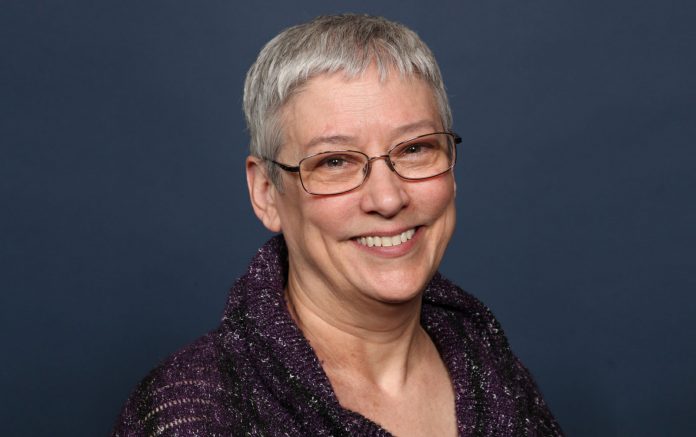By Joy Curzio
Although there has been tremendous progress in lung cancer over the past 10 years, with a number of new drug indications being approved in the United States this year alone, disparities in clinical trial participation look very much the same now as they did a decade or two ago. Janet Freeman-Daily, co-founder of the ROS1ders and patient research advocate, provides very clear examples of evidence of lingering disparities in lung cancer clinical trials, such as blatant under-representation of Black and Hispanic participants (compared with the disease population) and of those with older age or an annual household income of less than $50,000.
In an attempt to address these disparities, barriers to more comprehensive and accurate trial inclusion must be acknowledged. Patients might not believe that the trial will be of individual benefit, or the eligibility criteria might not be reflective of the real-world patient population. In addition, even those patients with healthcare insurance might assume out-of-pocket expenses for travel or other related costs and/or require a flexible working arrangement for routine site visits.
Interestingly, Ms. Freeman-Daily points to the four ethical pillars of medical ethics as contributing to ongoing disparities. The four pillars include:
- Autonomy—the right for a patient to accept or reject recommendations
- Beneficence—doing what is best for the patient
- Non-maleficence—“do no harm” and
- Justice—fair allocation of resources and access.
“How do disparities in clinical trial accrual violate the ethical pillars,” Ms. Freeman-Daily asked the audience of approximately 2,000 virtual attendees. “They deny access to clinical trials for some who might wish to participate, and they put patients who do participate at risk without ensuring the trial will complete accrual and be able to produce useful results.”
Once barriers are recognized, the work to remove them can begin. Ms. Freeman-Daily provides several examples of increased trial accrual due to involvement of patient and community advocates, as well as due to modernized eligibility requirements. In addition to bolstering accrual that mirrors the real-world population, researchers must also make efforts to capture patient experience based on individual factors such as age, ethnicity, and comorbidities. These types of patient reported outcomes would allow future patients an improved understanding of a treatment’s benefits and side effects, and a more effective share decision-making process based on needs, values and preferences.






